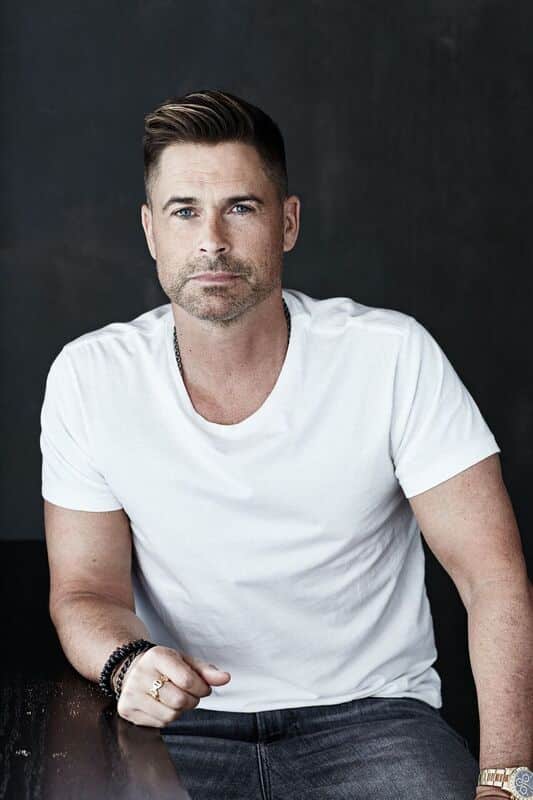
The Council on Recovery announces that Rob Lowe will be the keynote speaker at its Fall Luncheon, Friday, October 20, 2017, at the Hilton Americas—Houston Hotel. This is the 35th Annual Luncheon in the Waggoners Foundation Speaker Series and is presented by the Wayne Duddlesten Foundation. Proceeds from the Luncheon will fund The Council’s programs that help individuals and families affected by alcoholism, drug abuse, other addictions, and co-occurring mental health disorders.
Rob Lowe began his national acting career in the 1979 television series, A New Kind of Family. In his rise to fame that followed, Lowe has become one of Hollywood’s most highly-acclaimed triple threats – as an actor, author, and producer. Rob’s brilliant career includes Continue reading “Rob Lowe to Speak at The Council on Recovery’s Fall Luncheon, October 20, 2017”
